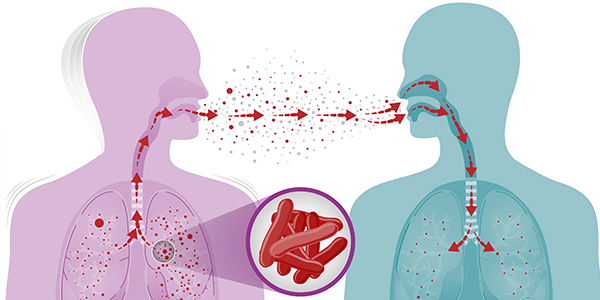Nigeria’s struggle with tuberculosis (TB) continues, with the country ranking among the top 10 globally in terms of TB burden.
Expert at a 2-day capacity-strengthening workshop noted that a gender-sensitive approach is crucial to addressing the disease’s disproportionate impact on men.
The workshop which concentrated on health reporting, with a special focus on Tuberculosis in Nigeria, was organised by The Light Consortium with support from other partners
“The TB burden in Nigeria is a complex issue, and we need to tackle it from multiple angles,” said Toyosi Adekeye, Associate Professor in the Department of Community Medicine and Primary Health Care at Bingham University, Zankli Research Centre, Karu, Nasarawa state.
Adekeye who is also a Research Uptake Manager at the Light Consortium, said the research shows that men are more likely to be affected by TB, but they are also less likely to seek care.
“We need to design policies and programs that take into account men’s health-seeking behavior and address the social determinants of health that affect them.”
Adekeye emphasized the importance of understanding the gender dynamics of TB in Nigeria. “Men’s health-seeking behavior is shaped by societal norms and expectations, leading them to prioritize work and income over health. We need to develop innovative strategies to reach men and encourage them to seek TB care.”
The Light Consortium, a research organization focused on addressing health disparities, has been working closely with the Nigerian government to develop gender-sensitive TB policies and programs.
“We are committed to supporting the Nigerian government in its efforts to reduce the TB burden,” said Adekeye. “By working together, we can make a significant impact and improve the health and well-being of all Nigerians.”
The Nigerian government has acknowledged the need for a gender-sensitive approach to TB and has begun to implement policies and programs aimed at increasing men’s access to TB care. However, experts say more needs to be done to address the root causes of the disease.
As Nigeria continues to grapple with the challenges of TB, experts like Adekeye remain hopeful that a gender-sensitive approach can make a difference.
“We have the knowledge and expertise to tackle TB in Nigeria. Now, we need the political will and commitment to make it happen,” Adekeye said.
